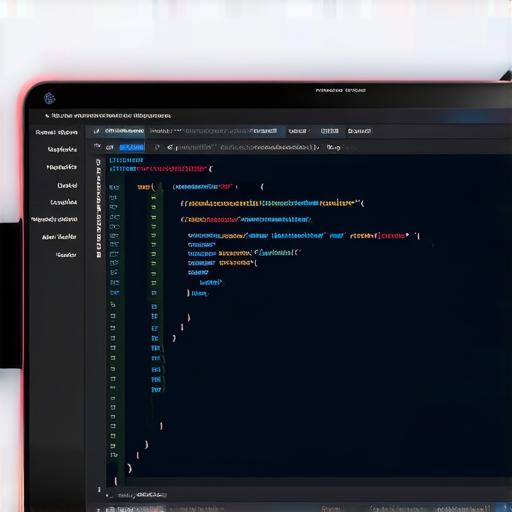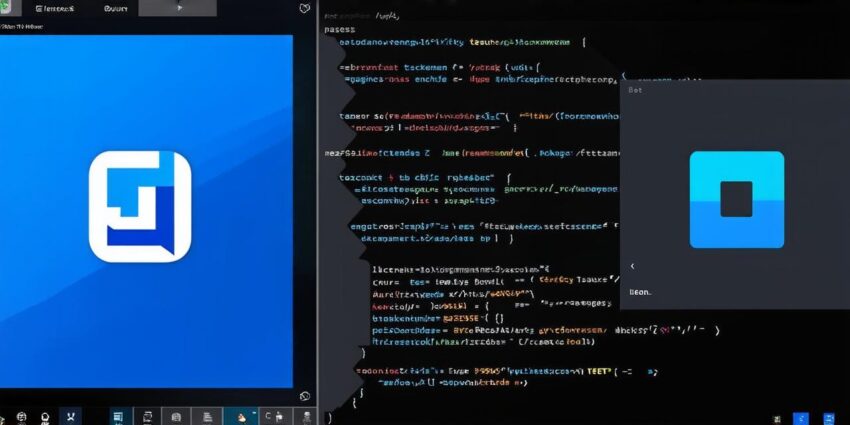Unity, a popular game engine and development platform, is known for its versatility in creating games and interactive experiences across various platforms. It offers a number of programming languages and scripting options, including C, JavaScript, and Boo. However, Unity has been predominantly associated with C due to its official language support and extensive use in the community.

Official Language Support
Unity’s official scripting language is C, which was introduced as the primary programming language in 2013. C offers a number of benefits for game development, including improved performance and compatibility with other popular development tools such as Visual Studio. Unity also offers built-in support for C features such as garbage collection and multi-threading, making it easier to develop complex applications.
Community Usage
While Unity does offer support for other programming languages, the majority of developers use C for their projects. This is due in part to the fact that C is a popular language with a large community of developers, and Unity has been actively promoting C as its primary language since 2013. Additionally, many Unity plugins and assets are written in C, further solidifying its use within the community.
Cross-Platform Development
Unity’s support for multiple platforms, including iOS, Android, PC, and console, has also contributed to its popularity as a game engine. With C as its primary language, Unity can be used to develop applications across all of these platforms with minimal code changes. This makes it easier for developers to reach a wider audience without having to learn multiple programming languages.
Conclusion
While Unity does offer support for other programming languages, the majority of developers use C due to its official language support, extensive community usage, and cross-platform development capabilities. While Unity may not exclusively utilize C, it is certainly the most widely used language within the community and offers numerous benefits for game development.
